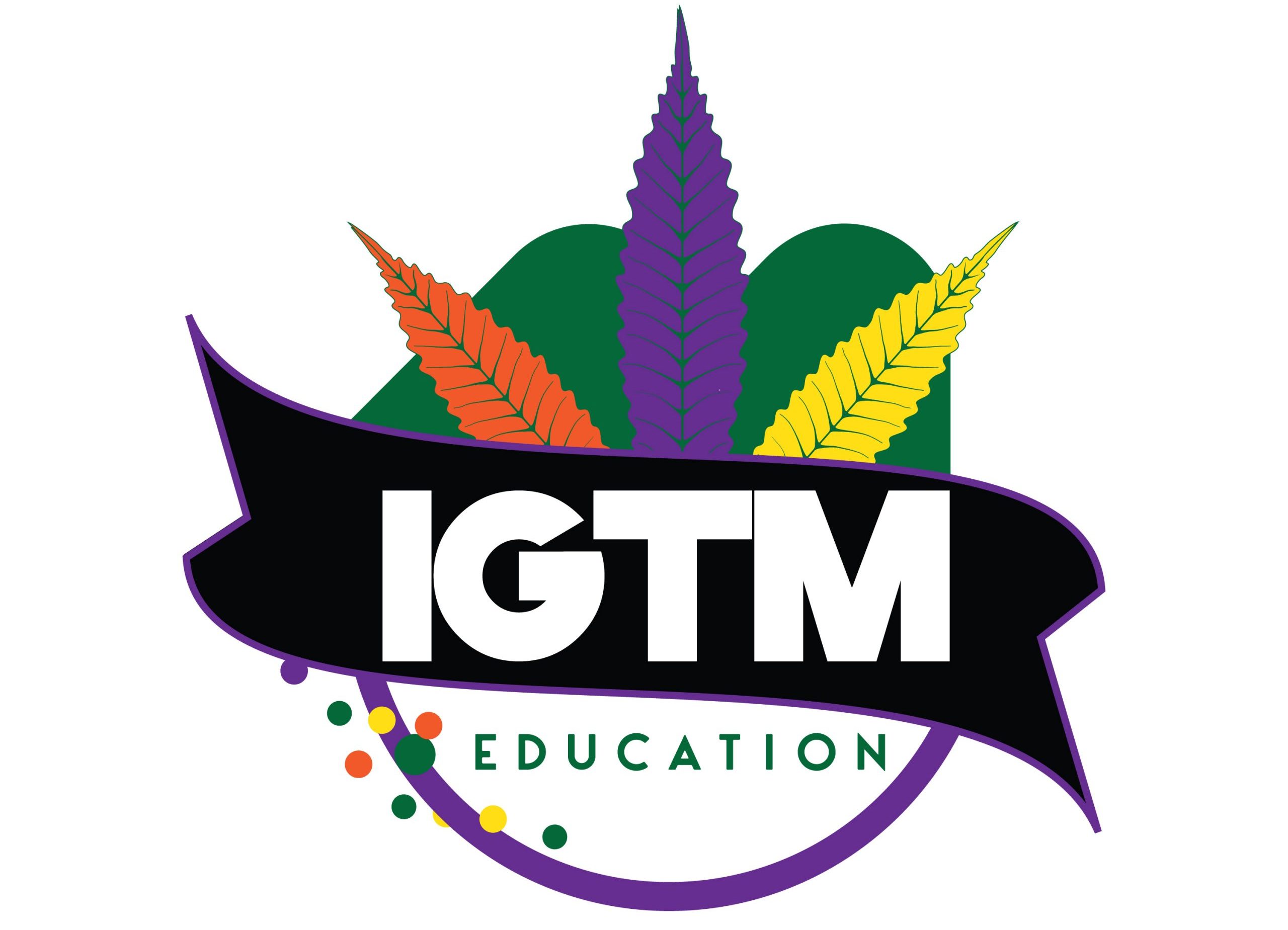
The Illinois Supreme Court ordered the consolidation of lawsuits filed by cannabis dispensary license applicants in an attempt to resolve multiple claims challenging the fairness of the licensing process.
At the request of the Illinois attorney general’s office, the court ordered that several cases be heard together, which could help decide the fate of all 185 new recreational marijuana retail licenses.
The awarding of those licenses have been held up indefinitely by Cook County Judge Moshe Jacobius while he decides a case involving two applicants, WAH Group LLC and HAAAYY LLC vs. Bret Bender, deputy director of the Illinois Department of Financial and Professional Regulation (IDFPR), which awards the licenses.
The Supreme Court Monday ordered that a suit by Magic Sparks LLC, against the IDFPR, be transferred from DuPage County to Cook County. There it would be combined with the WAH case, as well as suits by High Haven Dispensary LLC, Green Equity Ventures 1 and Hempathy LLC, under the heading of High Haven.
Attorney General Kwame Raoul’s office had argued in court papers that combining the cases would avoid potentially conflicting rulings.
The licensing process has been in turmoil since early 2020, when state officials delayed it, blaming the COVID-19 pandemic. In September 2020, only 21 out of more than 700 applicants were given perfect scores on their license applications, qualifying them for a lottery to award 75 licenses.
Many of the applicants qualifying were owned by wealthy, politically connected white men, in contrast to the goal of the licensing law, which was to give preference to “social equity” applicants, defined as those from poor areas or neighborhoods most affected by high arrests and prosecutions for cannabis crimes.
Numerous applicants complained or filed suit alleging that the scoring process was riddled with errors. The scoring, conducted by consultant KPMG, resulted in identical exhibits receiving different scores, while some applicants said they were never notified of deficiencies in their applications, as was required by law.
In response, Gov. J.B. Pritzker’s administration announced it would rescore the applications that didn’t qualify. Lawmakers also passed a measure to create 110 new licenses with easier scoring requirements. This summer, three lotteries were held to choose who would qualify for the licenses. A fourth lottery for six applicants who sued, challenging their exclusion from the lotteries, was pending court approval.
The lawsuits claim, among other things, that the law’s awarding of five points to veteran-owned applicants is unconstitutional, and that the rescoring process was unlawful. Magic Sparks claimed it was unfairly excluded because state regulators unfairly failed to recognize that its owner lived in an area that qualified for social equity status.
Green Equity alleges that regulators erroneously awarded social equity points based on the residences of its employees, not its owners. High Haven, Magic Sparks, Green Equity, Hempathy, Haaayy and WAH all claim they were unfairly excluded from the lotteries, and High Haven wants to rerun all three lotteries. ReNu IL LLC, Truerb LLC and Leafsie LLC, also joined in the suits.
The attorney general’s office conceded that the court may decide to rerun the original lotteries, or run corrective lotteries only for the excluded applicants. The court may also decide whether the plaintiffs would replace previous winners, or be awarded additional licenses.
Because of procedural questions involved in consolidating the cases, Jacobius delayed the WAH case until Oct. 28, but the cases are likely to take much longer to resolve. In the meantime, all the applicants have been burning money to maintain properties or employees, while not being able to open their businesses.
